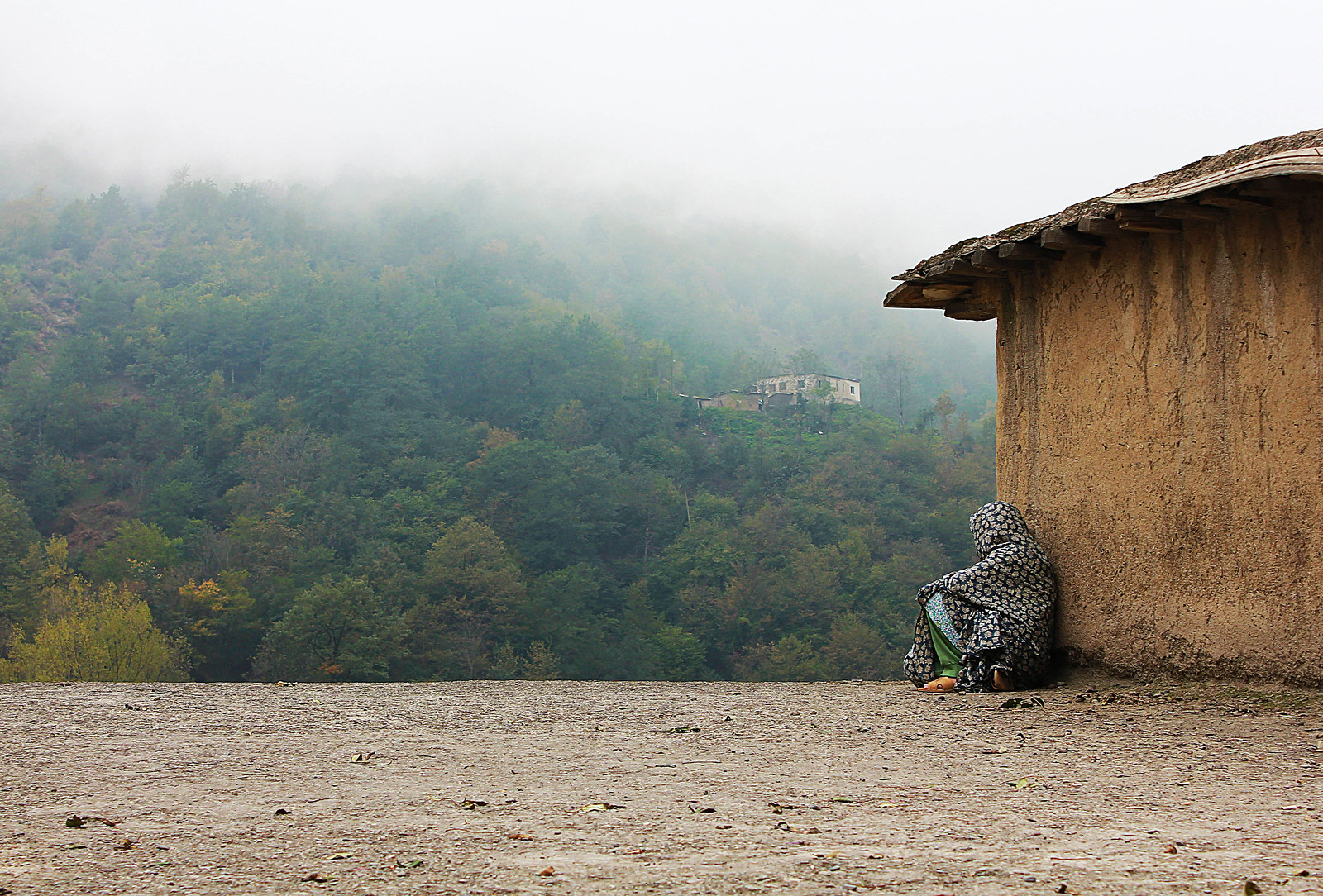
Lost in Rhetoric: Why Word Choice Matters
The Importance of Language on the International Day of Zero Tolerance for Female Genital Mutilation
Today is the International Day of Zero Tolerance for Female Genital Mutilation, also known as female genital cutting or, rarely, female circumcision.
Someone has cut at least 200 million girls and women alive today in at least 30 countries. Other girls and women are dead now as a result of tetanus or hemorrhage following the procedure. Untold numbers of babies have died at birth from obstetric complications stemming from someone performing the procedure on their mother. The horror this procedure can leave in its wake is inarguable.
Most articles written about this day will relay the horror of this practice, as they should. However, I would like to have a different conversation. I want to talk about the importance, and danger, of language, naming, and word choice.
I will start by stating the obvious: Any woman or trans individual who has undergone the procedure has the right to name and call it anything they want and to be respected. In this blog, I write to those of us who have never experienced the practice.
As above, there are three English phrases used to name this sometimes-deadly procedure. The third, rarest phrase—female circumcision—is rare for a reason. The choice to use the word “circumcision” equates the procedure with male circumcision, when the consequences are much direr. The equivalency implied by the use of the term is false.
The other two phrases—female genital mutilation (FGM) and female genital cutting (FGC)—are sometimes used interchangeably with little regard to the importance of their difference. There is no fundamental distinction in definition, but the rhetorical choice paints two different pictures of the procedure. Commonly, human rights groups who speak to an international audience will choose FGM, while health workers speaking to a local audience will use FGC. Interestingly, the U.S. government writes FGM/C in official documents, thus avoiding the choice.
Put simply, the word “mutilation”—the infliction of severe and permanent damage—embodies judgment. Why would anyone choose to “mutilate” their daughter?
While there is no question that the practice is extremely harmful and carries serious health risks, it’s more complicated than that.
Just because the proliferation of the procedure stems from vile, patriarchal norms does not mean that the individual application of the procedure cannot stem from love. Parents may, counterintuitively, cut their daughters to maintain their place in society—to protect them. In some communities, uncut girls may be isolated from society, have difficulty getting married, and be viewed as negatively “different”.
While judging the procedure is understandable, is this same judgment earned by the survivors or even the perpetrators of the procedure? And—perhaps more importantly—is it helpful? Consider strangers coming to your hometown, or to the displacement camp you’ve fled to, or to the community hosting you, and then consider them labeling you “mutilated.”
And your mother.
And your grandmother.
And your baby sister.
Consider these outsiders telling you that you have mutilated your daughter. Is your first instinct to thoughtfully consider what they have to say? Likely not. Instead, the conversation swiftly skips beyond a discussion of fact—that this procedure can cause irreparable harm—and enters the defensive discourses of judgment. What follows, understandably, is anger and mistrust.
If judgmental language will fail, what fulcrum can pry open space for a conversation? If parents are indeed cutting their daughters out of a desire to protect them, then that protection, that love, could be an in-road into a discussion.
To end a procedure such as FGC, a community needs to reach a tipping point—a place where more people disagree with a tradition than perpetuate it. A place where it is more shameful to cut your daughter than it is to have a daughter who is known to be uncut. A community that has dug in its heels is not walking forward. As with most every task in our profession, it is the responsibility of international aid workers to listen first. To follow the lead of feminist activists and community leaders in the contexts in which we work, while sharing global lessons learned. Language is power, and word choice is an action that can facilitate or break access to humanitarian aid.
FURTHER READING: The first job I had overseas was with the NGO Tostan. The organization’s former Director of Strategic Development has written on this topic eloquently here.








